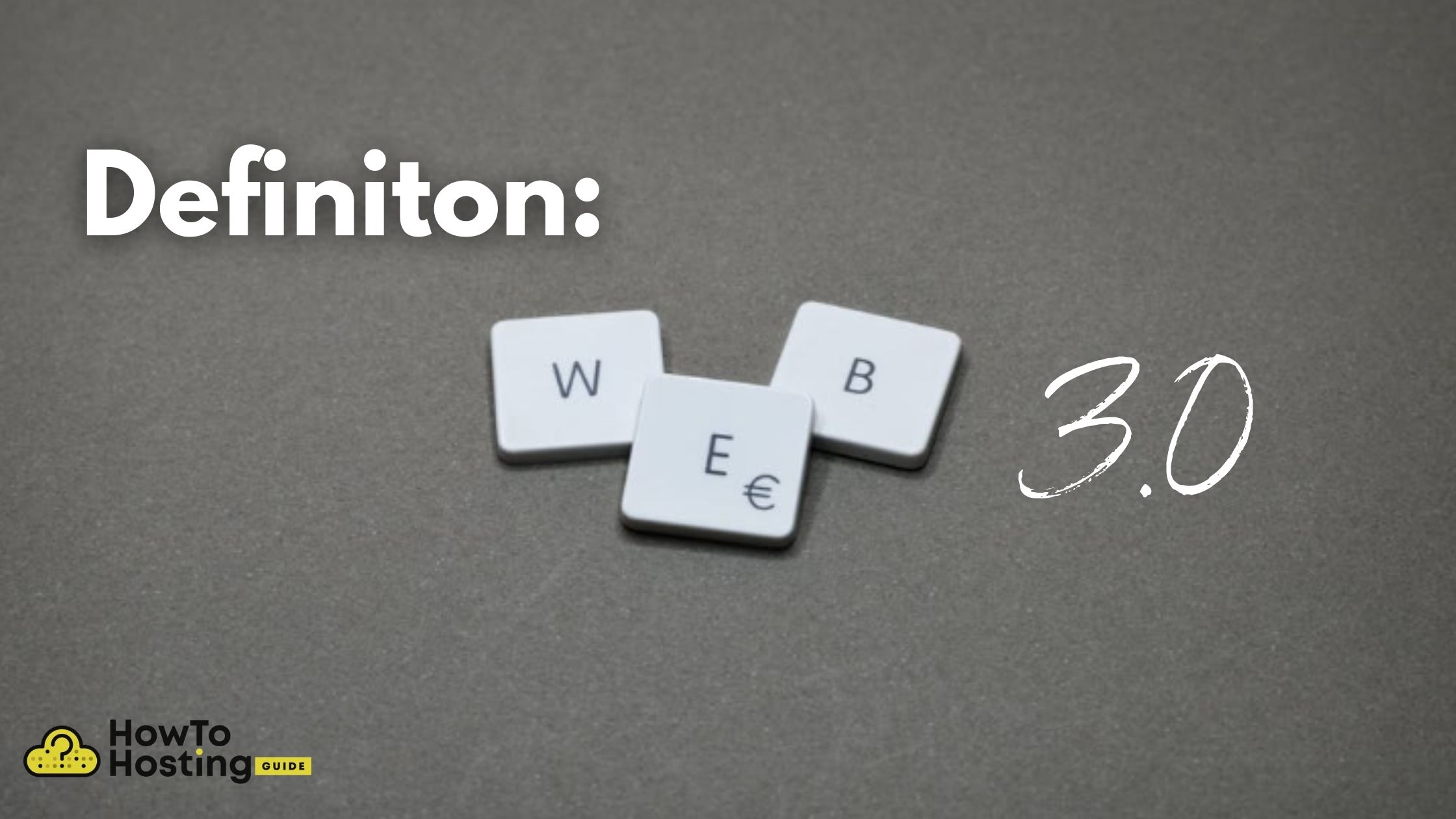On This Page: [hide]

What is Web 3.0?
In blockchain context the term Web3 refers to “decentralized online ecosystem based on blockchain”, as said by the Ethereum co-founder Gavin Wood back in 2014. In other words, Web 3.0 is the next evolution of the World Wide Web and the third-generation internet.
The main benefit of Web 3.0 is that the technology is highly decentralized. It leverages the power of blockchain technology to provide users full control over their data, content and privacy. It’s quite attractive that all platforms and apps built on Web3 are not owned by a central gatekeeper, but rather by users.
Another definition of Web 3.0 presented by Bloomberg describes Web3 as an idea that “would build financial assets, in the form of tokens, into the inner workings of almost anything you do online”. Tokenization converts assets and rights into digital assets, or tokens, that are stored on the blockchain network. With cryptocurrency and fungible tokens going viral a new business model – free of monopolistic control, has steadily emerged worldwide.
The sensational non-fungible tokens (NFTs) are also part of the Web3 type of the World Wide Web. These tokens are units of unique data that could be objectified as avatars, digital art, domains/sites, or trading cards. All NFT assets can be exclusively owned by users and monetized for their own gain.
What About Web 1.0 and Web 2.0?
Web 1.0 was actual between 1990 and 2005. Most web pages at that time were static and rarely updated. Sites were not interactive which means that users didn’t have the chance to leave comments, click images or watch embedded videos. To a certain degree, the technology was kind of extensive online library accessible by users across the world.
The next “era” of the World Wide Web has begun in 2005 and it continues to the present day. It is also referred to the era of centralization. Web 2.0 is focused on user-generated content for end-users. This technology enables users to create profiles on various sites, comment under articles, and in forums with the idea to express their opinions and share their experiences. Users can upload different types of files across the web as well. It’s all good but it has its downsides and they are:
- Commercialization.
- Targeted advertising.
- Personal data collection.
- Identity theft.
- Misinformation or “fake news” being spread among users, both through social media and open-source information sharing portals
- An increase in cyber-bullying.
- Stalking, etc.
On the other hand, the Web 2.0 era is a period during which mobile internet access has boomed and that lead to content creation for consumers on the move and the increase of the app market.
What is a Web 3.0 Technology?
Web 3.0 technology incorporates concepts such as decentralization and token-based economics. It has a blockchain based structure which is a completely different way of architecting the internet. The main terms that can describe the Web3 technology are:
- Legitimately open.
- Transparent.
- Decentralized.
- Peer-to-peer infrastructure of network.
What is a Web 3.0 Website?
Sites being hosted in a decentralised manner have lots of benefits for users. They are not controlled by big tech giants and once a user owns a crypto website it can remain his/her for life. Plus there is no need for fees to be paid so that the domain name can stay alive.
We should note that at this point the technology is at the very early stage of development but you have the option to purchase an NFT domain, register it and upload it into the IPFS (Inter-Planetary File System) network. The completion of these and a few more steps will turn it into a live website on Web 3.0.
The main benefits of having a crypto website are the following:
- Nobody can get this domain from you, once you own it.
- You are free to sell and transfer it to other wallets without asking for any type of permission.
- You are the one in complete control as to what will happen to this website.
- You can also use it as a simple way to rename the long complicated wallet address from digits and numbers to “yourwallet.wallet”, for example.
Currently, one of the easiest ways to get a website on Web 3 is using Unstoppable Domains’s service. It has the following features:
1. Simplify cryptocurrency addresses with NFT domains.
– Attach your BTC, ETH, LTC and 275+ other cryptocurrencies to your NFT domain.
2. Login with your domain.
– A single, easy-to-remember username on the decentralised web.
3. Own your domain, for life.
4. No renewal fees, ever.
We at HTH are great fans of everything Web3. We follow all trends around the topic daily. Below you can find some of our other Web3 guides that can help you learn more about this new type of “people-owned” internet and find out how to start your own Web3 projects:
- What Is Web3 Hosting? [Decentralized Hosting Guide] 🔎
- Best NFT Domain Marketplaces in 2022 [Blockchain Domains]
- Best NFT Domain Sellers / Selling Platforms in 2022 [Review]
- How to Make Money Selling NFT Domains in 2022 💰







